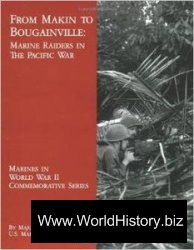It was not merely the formal expressions of belief that were outlawed. The customs and rituals that had helped shape the life of the peasants were proscribed. These included:
• the songs and dances performed at weddings and festivals
• the chants that had accompanied work in the fields
• the sagas with which the wandering poets entertained whole villages.
These traditional ways were replaced with political meetings and discussions organized by the Party. The huge social experiment of collectivization which Mao introduced in the 1950s was meant to destroy the time-honoured pattern of rural life.
Troupes of agit-prop performers toured the countryside putting on shows and plays which the villagers were required to attend. The shows took place in halls and public spaces. Sometimes the players arrived in brightly painted lorries carrying slogans and images extolling the wonders and benefits of the new Maoist world. The canvas sides of the lorry served as a screen on which propaganda films were projected.
The message in the propaganda
The insistent message of the films and the live performances was that the old days of cruel landlords and abused peasants had been replaced with a communal way of life perfectly suited to the new era of collective endeavour. The shows were played at knockabout pantomime level; the baddies were always bad, the goodies were always good. The landlords were obviously the worst of the baddies, but religious figures such as scheming Confucian officials and exploiting priests also appeared and were hissed at and jeered.




 World History
World History









